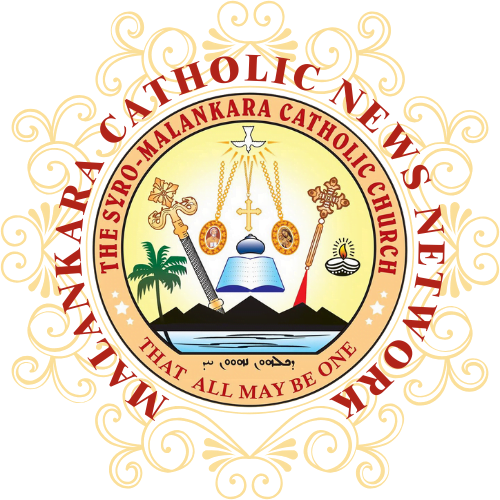The Syro Malankara Church (SMC), an oriental Catholic Church in the southern Indian state of Kerala, awaits papal approval for its episcopal synod, which would give it a more legitimate administrative authority as an Oriental Church.
SMC authorities have submitted a proposal for the episcopal synod to the Vatican.
“Our proposal is under serious consideration,” Archbishop Benedict Mar Gregorios of Trivandrum, the SMC´s metropolitan, told UCA News in early September.
The canonical establishment of the episcopal synod “will give the existing bishops´ conference much more authority,” added the archbishop.
The Church links its founding to Saint Thomas the Apostle, but it broke with Rome in 1653 over opposition to Portuguese missioners. The Church reunited with Rome and took the name Syro Malankara Church in 1930.
The other oriental group in India — the Syro Malabar Church — is beset with factional fights over liturgical and administrative renewal.
The Malankara Church has no episcopal synod as envisaged by the Oriental Code of Canon Law that went into effect in 1991.
“The synod is an important step in the self-rule of the Church,” explained the archbishop and added that now “important decision are taken by our bishops´ conference.”
The oriental canon law and Second Vatican Council documents provide for a patriarch for all 21 oriental Churches in the Catholic Church, according to Archbishop Gregorios, but only six of them have patriarchs now.
The Malankara Church with three dioceses and some 350,000 followers has only a metropolitan.
“How can Rome give us a patriarch, when our brother Church — Syro Malabar — which is 10 times bigger than us is not given a patriarch,” asked the archbishop.
Even if a patriarch is not instituted, the Syro Malankara Church can be governed by a synod of bishops with a metropolitan to head it, Archbishop Gregorios explained.
A patriarch to head the Church and a bishops´ synod as the supreme body to govern it makes a perfect administrative set up for each individual Church, said the archbishop.
If such a synod is allowed, the Syro Malankara Church will get a form of government envisaged by the oriental canon law, said the archbishop.
In September 1930 when Mar Ivanios, then a Jacobite bishop, reunited with Rome fewer than 20 people joined him.
Now, SMC has parishes in the Indian cities of Bangalore, Bhilai, Bhopal, Bombay, Madras, and New Delhi and in Chicago, New York City and Washington in the United States.
Preparations for a synod have been underway since the SMC´s gold jubilee in 1982.
No one knows when Rome will establish the Syro Malankara Bishops Synod, but everyone knows that it is a major step in the growth of the reunited Church, Archbishop Gregorios said.
Source: UCA News

